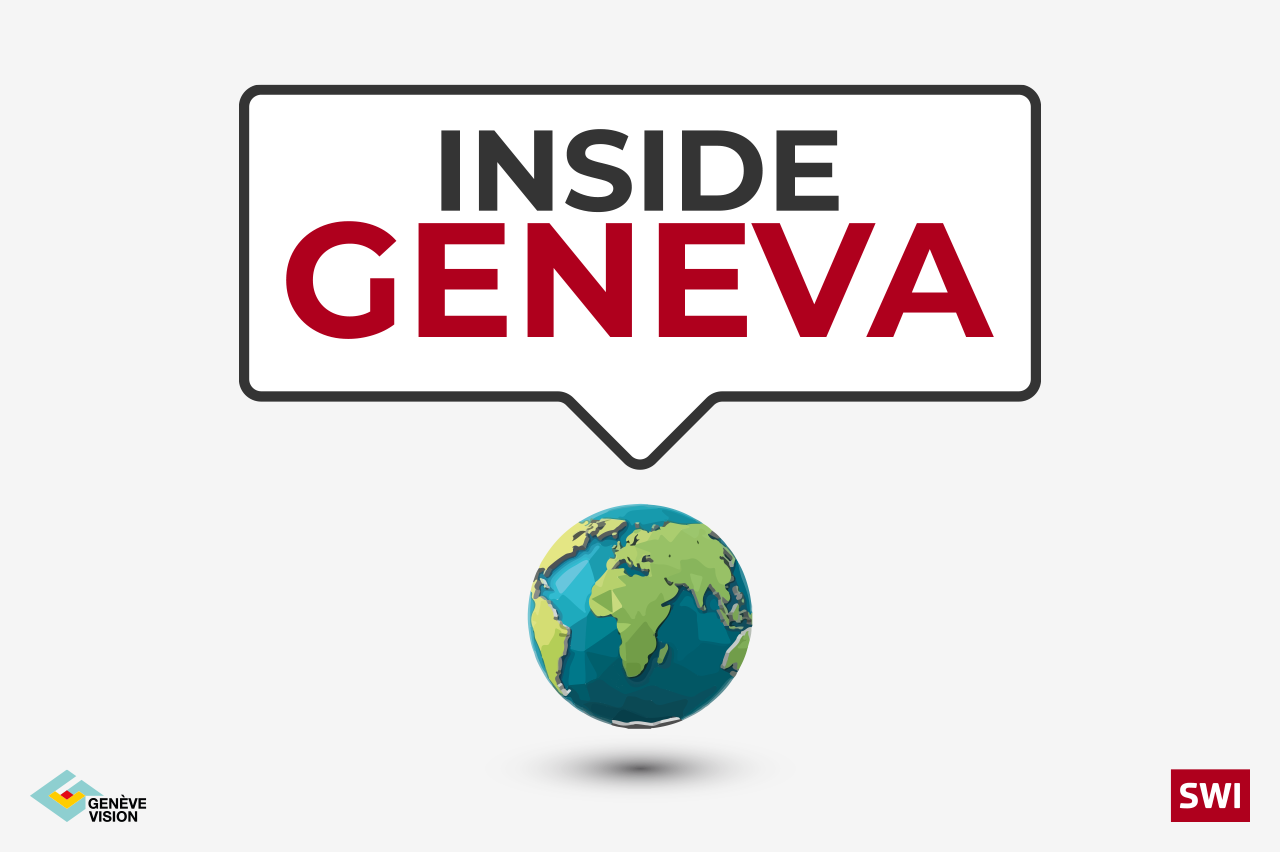What to do about Big Tech?
Just ten years ago we were celebrating social media as a liberating force during the Arab spring. Now the UN Human Rights Commissioner is warning about the spread of online hate speech.
The last time I visited Scotland (oh those far off days when we could travel!) I met a friend who excitedly asked me if I had seen “the latest news”. I wasn’t sure what she meant. “What happened here, last night,” she continued. I was even more curious; I had heard nothing on the local radio, read nothing on my favourite news sites.
So what was the story? Someone in the community had been seen, and filmed on a mobile phone, in a local riverside beauty spot doing something they shouldn’t with someone else’s partner. The voyeur had posted the pictures on social media, the local freesheet had picked it up, reposting it of course on its own Facebook page. This was where my friend had seen it. She related the story to me because I’m a journalist, and she thought I’d be interested in the latest news. My kneejerk reaction was to tell her Facebook wasn’t a reliable source of news, and the story wasn’t really news anyway.
But that conversation got me thinking, and eventually led to this week’s Inside Geneva podcast on big tech, social media, and the consequences for human rights and democracy.
Our initial euphoria over social media has soured. The move by Facebook to block news pages in Australia was a shocking insight into how powerful those cute little info sharing platforms we first noticed around 15 years ago have become. Sunday’s resounding “no” to electronic ID in Switzerland shows that voters are concerned about how to share their data, who owns that data, and what those owners do with it.
Sign up! The latest updates from International Geneva – in your inbox
Being a journalist, I naturally think about the risks to my profession. My Scottish friend’s comments are proof of how blurred the lines are between real journalism (the kind where we check our facts, get both sides of the story, and protect privacy where needed), and the tsunami of unverified infotainment and allegation that appears on the web. But media outlets were caught up in that euphoria over the new information platforms – new ways to get our stories out, we thought. We soon realized it was more a question of “if we can’t beat them, join them”…or rather, since we can’t beat them, let them have our journalism for free.
Our thanks? Advertising revenue for newspapers and traditional broadcasters shrinking to almost nothing, savage job cuts among professional journalists, and being insulted as “main stream media” guilty of “fake news”.

More
Is Facebook a danger to democracy?
There are other, arguably even more serious consequences. Unscrupulous regimes use social media to promote their agendas – these can be discriminatory, even violent. Facebook has belatedly blocked Myanmar’s military from using the site – but they have been spreading hate against Myanmar’s ethnic minorities since at least 2017. We’ve come a long way since the Arab Spring when social media was praised for supporting uprisings against corrupt regimes.
Perhaps we should have seen it coming – but then who did? Today’s social media monsters were being hatched more than 20 years ago by just a handful of people in California. Perhaps they were already planning the algorithms, the data harvesting, the astonishing two way global reach they would have into virtually every home on the planet. But the rest of us? Smart phones didn’t even exist back then.
So is there anything international Geneva can do about this? According to Scott Campbell of UN Human Rights, who joins me on the latest episode of the Inside Geneva podcast, yes. In fact things are already being done. A couple of years ago, Scott told me, a phone call between the UN and the social media giants would have been rare – now apparently there is a new readiness to have a conversation.
Professor Shalini Randeria, specialist in democracy at the Graduate Institute Geneva, agrees that there is plenty we ought to be thinking about now that we understand the true potential of big tech. But we will have to tread carefully – if big tech can’t be trusted to regulate itself, who should? Governments? But what about authoritarian regimes? No surprise that they are among those shouting loudest for control – control for themselves and their agendas is what they mean.
Join us on Inside Geneva to hear a challenging, fascinating discussion. But a word of warning: it’s complicated!

In compliance with the JTI standards
More: SWI swissinfo.ch certified by the Journalism Trust Initiative









You can find an overview of ongoing debates with our journalists here . Please join us!
If you want to start a conversation about a topic raised in this article or want to report factual errors, email us at english@swissinfo.ch.